Coffee farming, cultivation techniques training for local farmers in Lam Dong province
The course aimed to provide local coffee farmers with detailed guidance on coffee farming and cultivation techniques and experience sharing of the owner of an efficient coffee farming model.
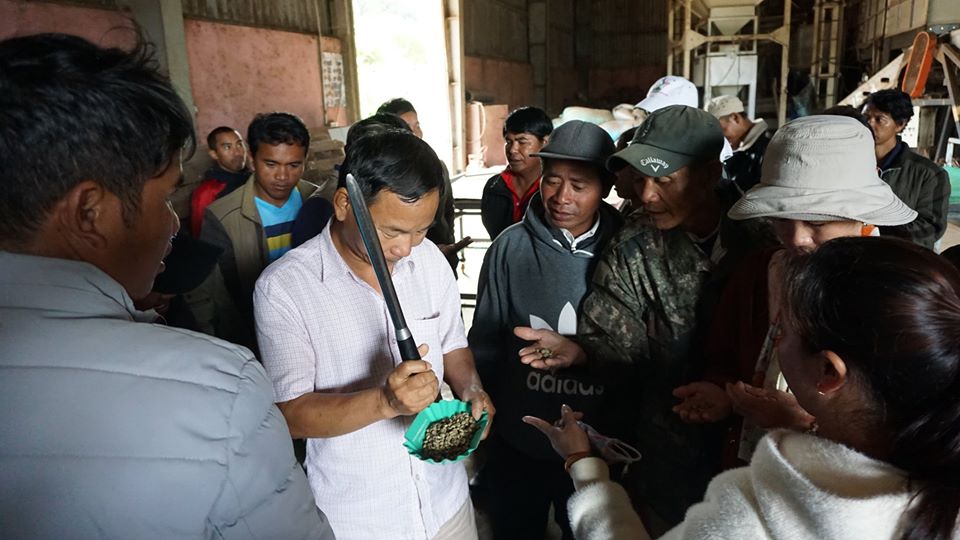 |
At the training course. Photos: SNV Vietnam
In details, the local coffee farmers will be trained on Arabica coffee growing, harvesting, and processing with the focus on high-quality coffee harvest (100% completely matured) to increase productivity and purchase price, farming log-book, pesticides fertilizers application and usage according to UTZ regulations, and nomination/selection of 3 farmer leaders to act as the focal points to work with Tam Trinh company. Additionally, the farmers also got the opportunity and visit and discuss with the owner of greenhouse vegetable model providing a cost-effective alternative after the coffee harvest seasons.
With great support of CAFÉ-REDD project, many local farmers have got access to effective trainings on sustainable coffee production, cultivation while enjoy greater purchase price offered by Tam Trinh company during the harvest seasons.
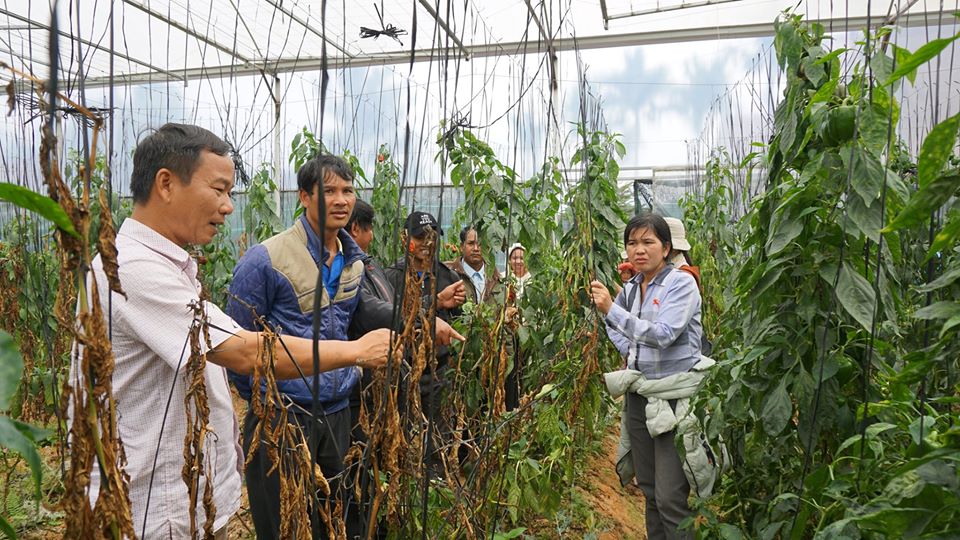 |
Funded by the German Ministry for the Environment, Nature Conservation and Nuclear Safety (BMUB), CAFÉ-REDD, the project is implemented by SNV, in the period 2018-2021 and is worth EUR1.8 million.
The Lam Dong Provincial REDD+ Action Plan (PRAP) acknowledges that the principal driver of deforestation is the conversion of forests to agriculture (>70% of GHG deforestation-related emissions). This is a mixture of direct conversion of forests for commodity crops such as coffee, tea, rubber and cashews, as well as conversion of subsistence agricultural lands to these commodity crops causing displacement of poor households (often ethnic minorities) relying on shifting cultivation towards the forest margins. By 2020 Lam Dong aims to implement agroforestry or plantation development over 11,450 ha of forest land currently used for perennial agriculture.
CAFE-REDD will support this target, reducing deforestation by supporting the development of improved institutional capacity, improving mechanisms for public-private coordination around shared interests and visions for sustainable climate smart landscapes. The project will employ an effective model which has been applied in the aquaculture sector in the Mekong Delta, but which is new for this province and these commodities.
The project seeks to broaden its impact through the development of high quality knowledge products and by hosting (sub-)national and regional learning events on REDD+, sustainable agriculture and deforestation-free supply chains. By addressing deforestation, forest degradation and forest landscape restoration, the project also indirectly contributes to strengthening biopersity conservation in a priority ecoregion./.
VNF/SNV
Recommended
 National
National
Vietnam News Today (May 17): Vietnam and United States Boost Financial Cooperation
 National
National
Strengthening Vietnam-Thailand Relations: Toward Greater Substance and Effectiveness
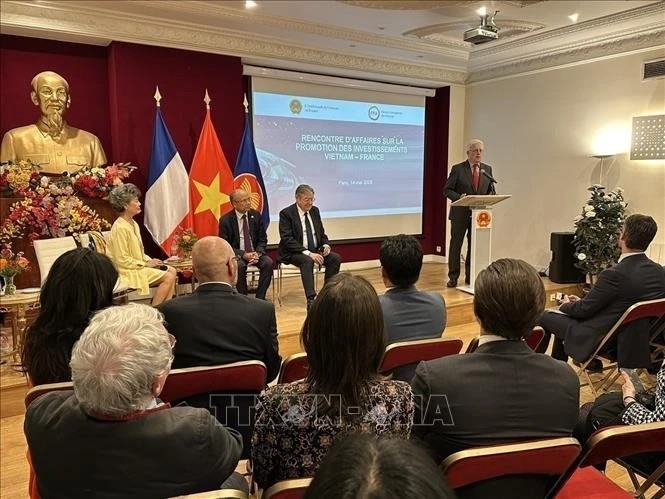 National
National
Vietnam News Today (May 16): Nha Trang Listed Among Top 15 Global Summer Destination in 2025
 National
National
Four Notable Outcomes of General Secretary To Lam’s Four-nation Tour
Popular article
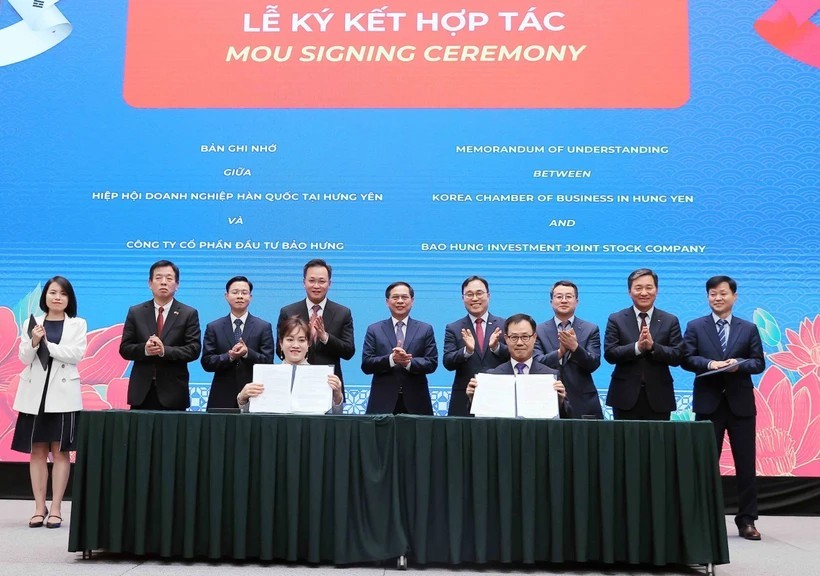 National
National
Vietnam News Today (May 15): Vietnam Looks for Stronger Cooperation with RoK in New Era
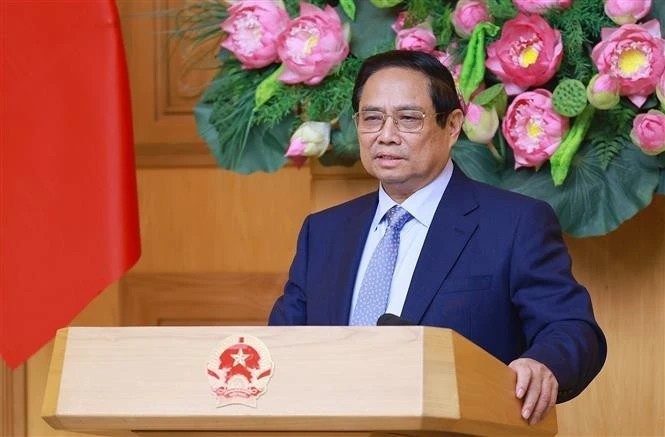 National
National
Vietnam News Today (May 14): US Businesses Affirm Long-Term Commitment to Vietnam
 National
National
Vietnam News Today (May 13): Vietnam Maintains High Human Development Index Despite Global Slowdown
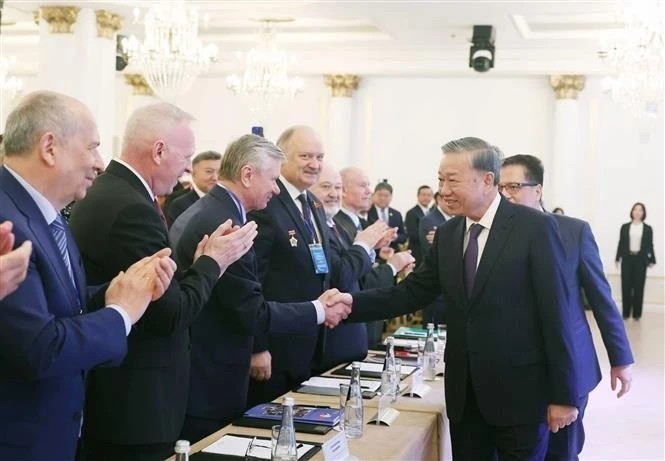 National
National



